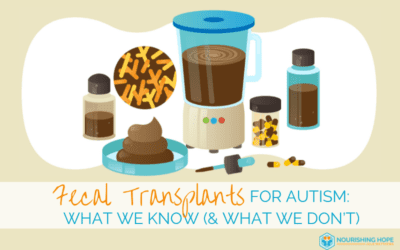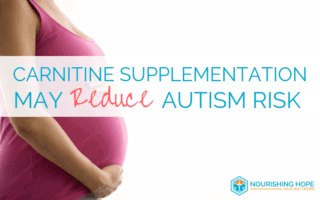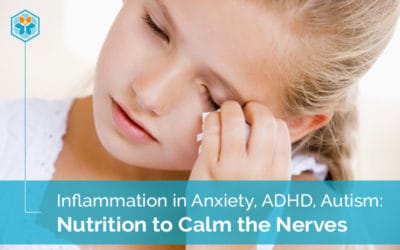Autism
For the last 20 years, my work has revolved around supporting individuals with autism and their families as they embark on nutrition intervention. I have also had the honor to participate in published research regarding the benefits of diet for autism. The science is clear, and as the families that work with me can attest, nutrition matters when it comes to health, learning, and behavior, especially in regards to autism.
Explore our articles on diet and nutrition intervention for autism spectrum disorders.
Using Rainbows to Teach Kids Good Nutrition
Have you been trying to get more nutrients (and vegetables) into your child? As a nutritionist specializing in children with autism, ADHD, and related neurodevelopmental delays, I can share with you that most parents I work with are worried about their child’s...
Julie Matthews’ Email to Forbes Requesting Correction
I sent the following email to Forbes on December 5th in response to their inaccurate article on dietary intervention for autism. Attention Forbes Media, I’m writing regarding an article published in Forbes online on November 11, 2019 by one of your contributors,...
Forbes article ignores abundant science on gluten-free for autism
This week an article was published in Forbes, disparaging the use of the gluten-free diet for autism - a healthful approach that has benefited thousands of families around the world for decades. The author’s “bent” seems to be to discourage parents of children with...
Real Results from Real Kids
Improve Their Diet and Reduce Their Symptoms When a child is diagnosed with autism or ADHD, parents go looking for solutions. They seek therapies and approaches to support their child’s well being. But with many alternative approaches being touted, it can be difficult...
The Gut Brain Axis in Autism [A Study Review]
The gut-brain axis is a well established connection suggesting that the intestinal microbiota (the good bacteria in our gut) signal to the brain in a myriad of ways. This delicate balance of gut microbes can influence emotional development, modulation of stress and...
Fecal Transplant for Autism: What We Know (& What We Don’t)
When it comes to emerging treatments to address symptoms of autism, few things have garnered the attention (or Google searches) as the fecal transplant. This treatment gained the spotlight in early 2019 after researchers in Tempe...
Could berries, apples, and grapes be causing your child’s behavior challenges?
What do berries, apples, and grapes have in common? Salicylates. A vast majority of children with autism and ADHD in my nutrition practice have salicylate reactions. The most common symptoms are red cheeks. red ears,...
Carnitine Supplementation May Reduce Autism Risk
Researchers at Texas University have published a groundbreaking study demonstrating the positive impact of carnitine supplementation on a gene mutation common in ASD.[1] The results specifically advocate taking the amino acid supplement during pregnancy to protect the...
Inflammation in Anxiety, ADHD, Autism, and Other Neurological Conditions:
Nutrition to Calm the Nerves
In today’s fast paced world, with little rest, overloaded with toxins, and devoid of nutrients, inflammation is very common. Once triggered, it can be hard to shut off – and if certain biochemical processes persist, chronic...


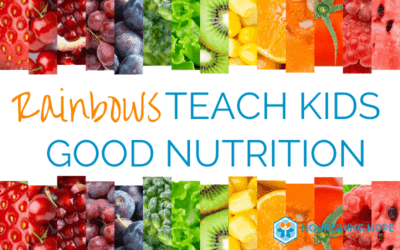

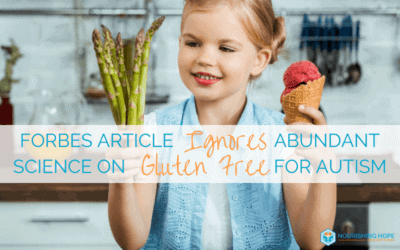
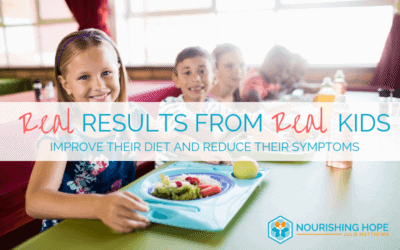
![The Gut Brain Axis in Autism [A Study Review]](https://nourishinghope.com/wp-content/uploads/2019/08/Nourishing-Hope-Featured-Graphics-3-400x250.png)
